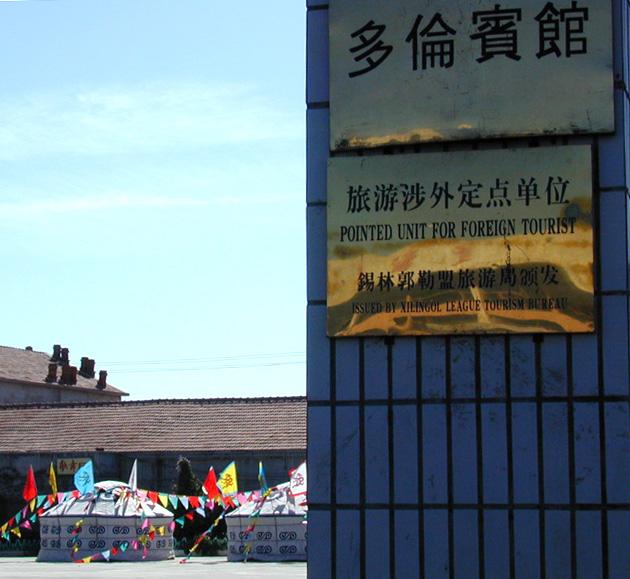Annotating the First Page of the First Navajo-English Dictionary
Don't miss Danielle Geller's remarkable, moving personal essay in The New Yorker, "Annotating the First Page of the First Navajo-English Dictionary." Here's how it starts:
The first, incomplete Navajo-English Dictionary was compiled, in 1958, by Leon Wall, an official in the U.S. government’s Bureau of Indian Affairs. Wall, who was in charge of a literacy program on the Navajo reservation, worked on the dictionary with William Morgan, a Navajo translator.
’ąą’: “well (anticipation, as when a person approaches one as though to speak but says nothing)”
I could begin and end here. My mother was a full-blooded Navajo woman, raised on the reservation, but she was never taught to speak her mother’s language. There was a time when most words were better left unspoken. I am still drawn to the nasal vowels and slushy consonants, though I feel no hope of ever learning the language. It is one thing to play dress-up, to imitate pronunciations and understanding; it is another thing to think or dream or live in a language not your own.

